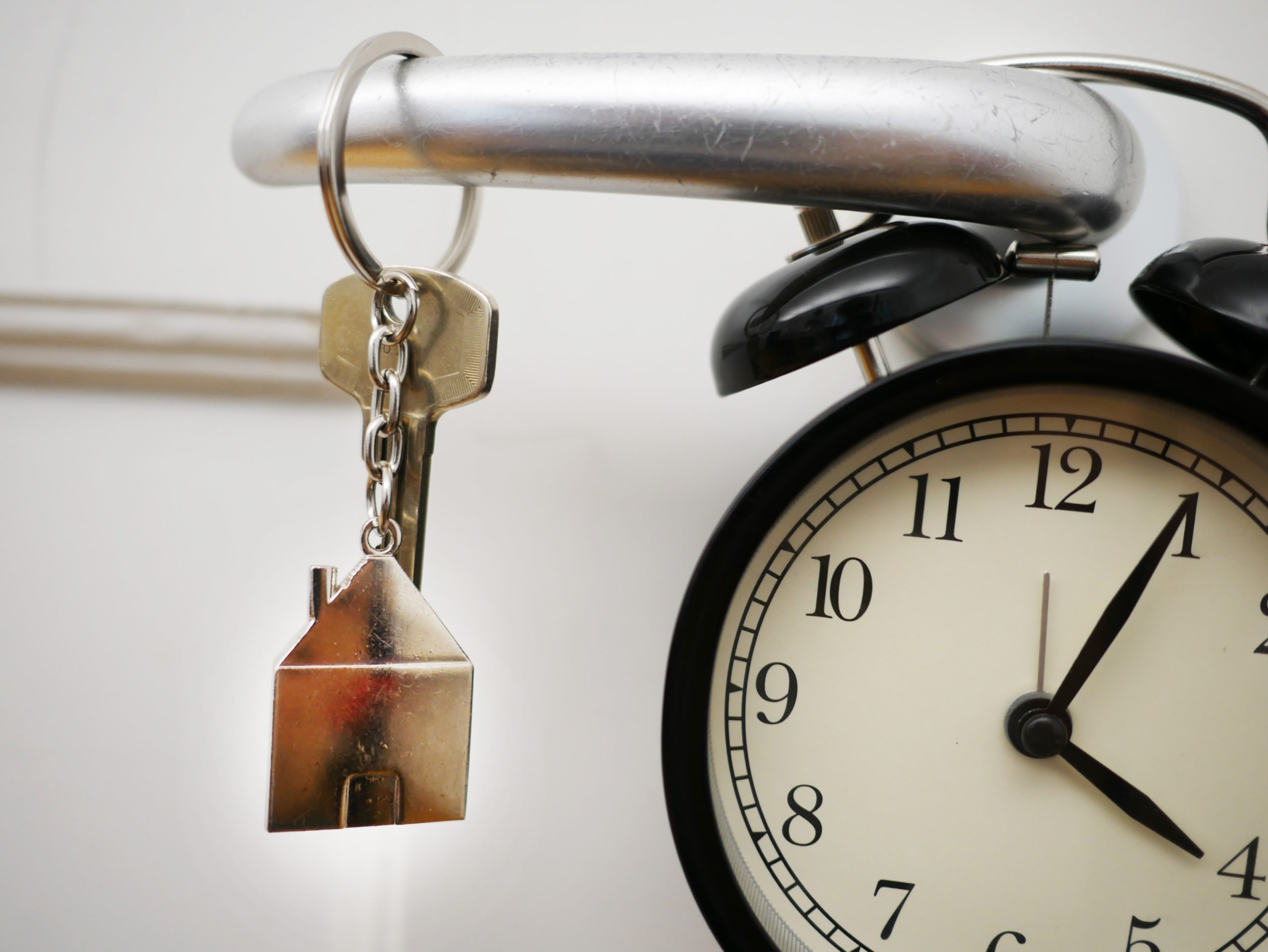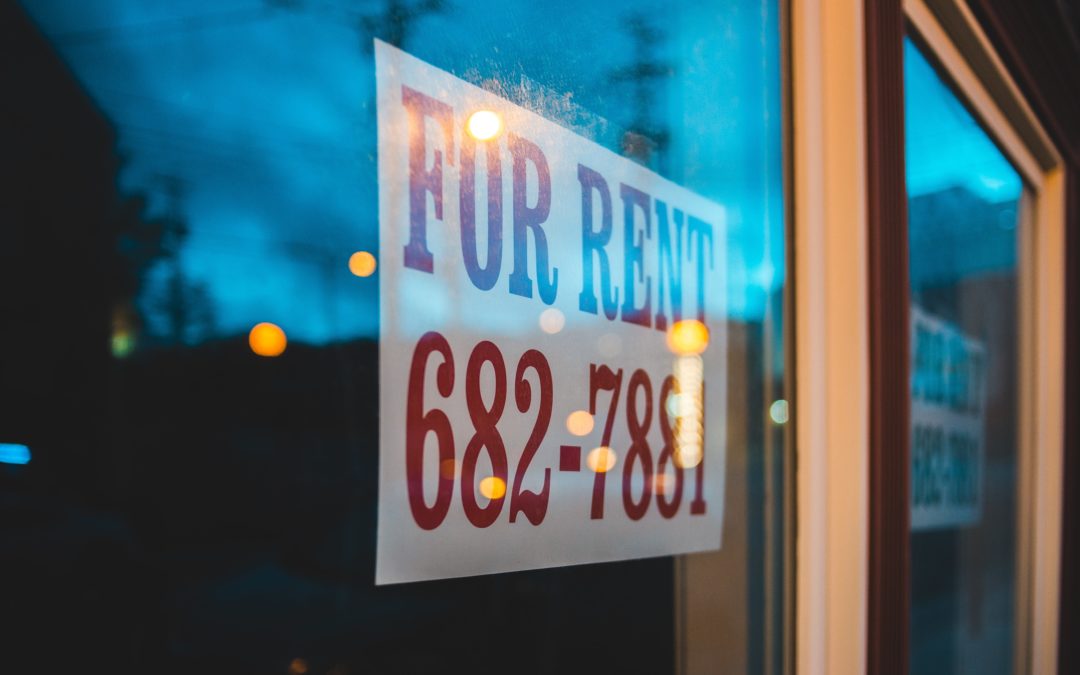As many of our readers know, I reside in metro Phoenix. And Phoenix tends to “lead the way” when it comes to changes in real estate market conditions. For example, when the real estate market crashed 15 or so years ago, Phoenix was one of the first cities to experience a massive decline in demand, a significant climb in supply, and, as a result, real estate values that dropped to historical lows. Phoenix was also one of the first markets to rebound. During the recent pandemic, Phoenix real estate led the charge in the “V-shaped” recovery that most of the nation later experienced.
I share the above because I believe that what Phoenix is currently experiencing in its rental real estate market may soon be the experience of many other metropolitan areas. As a matter of fact, other large cities are seeing these changes right now (or have lead measures indicative of these future changes) and I anticipate things accelerating much like we’ve felt here in Arizona over the past several months.
Active rental listings in metro Phoenix, excluding short term rentals, now number over 4,000 for the first time since January 2015. The number of active listings is irrelevant for the sake of this article, but the fact that we have hit a high not experienced in over 7 years is of great interest. The number of current active rental listings in Phoenix is 123% greater than this same time last year. With all of this competition, rental rates have been falling. This likely pleases the Federal Reserve but causes concern for landlords like me. Year over year rental rates in Phoenix have dropped by 19% – this means a property that was being rented for $2k per month last year is now being rented for $1600. That is a massive swing!

So how should landlords combat rising rental inventory and the downward pressure on rents that come along with it? I believe the answer is to begin to work all of your renewals VERY HARD and VERY EARLY. What do I mean? Say you have a tenant that is on a 12 month lease agreement. Normally you (or your property manager) would begin to engage the tenant about renewing their lease about 90 days prior to the lease’s expiration. I believe that when rental competition doubles like it has, we need to double the length of time for proactive outreach – from 90 to 180 days. And not only do I think we talk to the tenant about renewing their lease half of a year in advance, we also offer the tenant the opportunity to keep the rent at the same rate for another 12 months (if they renew today). Truth be told, I’d consider even offering them a 5-10% discount on the next 12 months if increased competition warrants it!
Let’s look at an example…
Let’s say I own a property at 123 Main St. that currently rents for $1,900 per month. I paid $225,000 for this property just over a year ago. Assuming standard annual rental property expenses like insurance, taxes, property management fees, repairs, etc. the cap rate on this property is roughly 7.7%. I put 25% down when purchasing the property, covered closing costs with my real estate commission, and the property was turnkey with no rehab or further investment required. My cash on cash return is therefore about 11.5%.
Now…let’s assume that I am not proactive in my outreach to my tenants about renewal, and I am not aggressive in my offering to them. As a result of my actions, the tenants shop the open market and find a like property (or maybe even a better property) for their current monthly rental rate or possibly cheaper, and they choose to vacate my property. It is going to be nearly impossible for me to rent the property to a new tenant while the old tenant is occupying the property so, at a minimum, I need to now factor 1 month of vacancy into my cap rate and cash on cash calculations above. When doing so my cap rate drops to 6.9% and cash on cash is reduced to 8.4%. What if the time the property sits vacant is actually 2 months versus 1 month? Now the cap rate goes to 6.1% and cash on cash drops to 5.3%!! And I have not yet factored in a reduction in the monthly rental rate that will likely have to be done in order to attract a new tenant!
The point to all of this – be far more proactive in your outreach to your tenants and more aggressive in your offerings as the cost of vacancy is an investment killer! Call your tenants 6 months prior to their lease expiration. Ask if they are willing to extend their lease by another 12 months (after their current lease expires)…and offer to discount the rate by X% if they agree to the extension this week!

